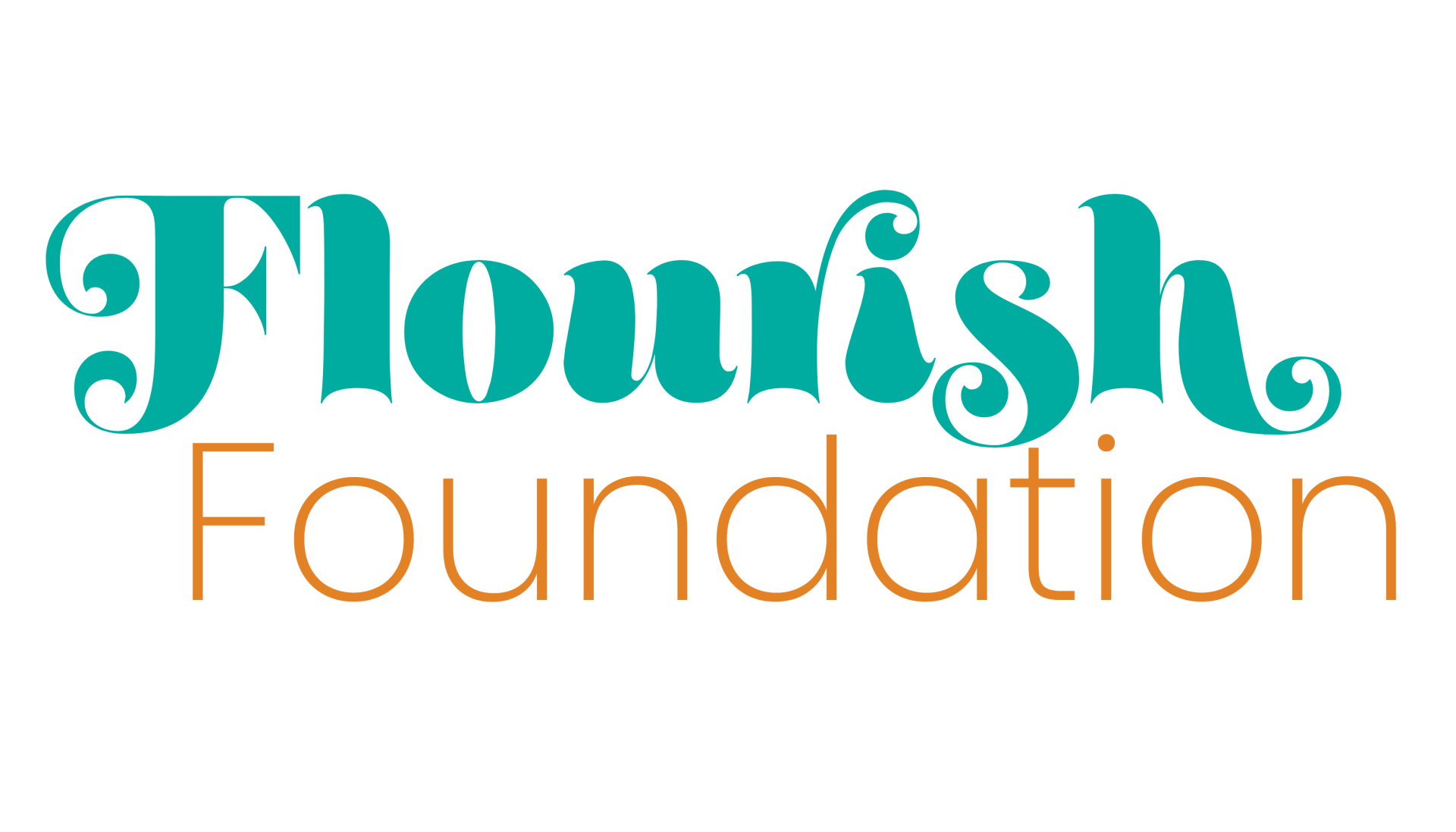
Adolescence is never easy. The brain is developing rapidly, identities are forming, and emotions are intense. For teenagers who are fostered, these challenges can be worsened by early trauma, disrupted attachments, or the complexity of birth-family connections.
If you’re a foster or adoptive parent, you may already know how different the teenage years can feel when a young person carries the weight of earlier experiences. Traditional parenting strategies might not work. What’s needed is a trauma-informed, relational approach that balances empathy with boundaries.
Read more to find out what’s really going on in the teenage brain, why discipline can backfire, and how you can parent teenagers therapeutically.
The teenage brain is still developing. The
prefrontal cortex, which manages impulse control, planning, and empathy, matures into the mid-twenties. The
amygdala, which processes emotion and threat, is highly active, especially for young people who have experienced trauma.
This imbalance can lead to:
• Mood swings or emotional shutdowns
• Difficulty trusting adults
• Struggles with social cues
• Risk-taking behaviour
These reactions are not defiance. They are developmental and protective. Understanding this helps parents respond in a calmer and more effective way.
Many young people who have been fostered have learned early that adults are not always safe.
People who parent teenagers therapeutically learn to “stay relational,” keeping connection at the centre even when behaviour is challenging.
That might mean:
• Staying calm when pushed away
• Naming emotions (“I can see you’re angry and I want to understand”)
• Repairing ruptures quickly after conflict
This approach does not excuse unsafe behaviour. It builds the trust needed for change.
School can be a difficult area for teens who are fostered. Problems often reflect stress or trauma rather than a lack of ability.
Helpful strategies include:
• Regular communication with school staff
• Predictable routines that reduce anxiety
• Encouragement over criticism
Adolescence is also when identity questions become central. For young people who have experienced separation, this can be painful but important.
Parents can help by:
• Supporting safe curiosity about origins and culture
• Talking openly about family history when appropriate
• Affirming that belonging to more than one family is valid
Supporting mental health means noticing changes early, keeping open communication, and seeking professional help when needed.
Teens live much of their lives online. For those who are fostered, the internet can be both a support and a risk, particularly around contact with birth relatives or unsafe spaces.
Practical steps include:
• Honest conversations about online behaviour
• Avoiding secret monitoring
• Helping teens understand privacy and safety
• Using supervision agreements that balance trust and protection
Safety offline matters too, but boundaries work best when created together rather than imposed.
These themes are explored in depth in a two-day live course led by Rachel Gillett, an experienced trainer and practitioner in trauma-informed care.
You will learn:
• The science of teenage brain development
• Strategies for supporting education, identity, and mental health
• Tools for keeping teenagers safe online and offline
• Guidance for maintaining contact with birth family
• Self-care techniques for carers



